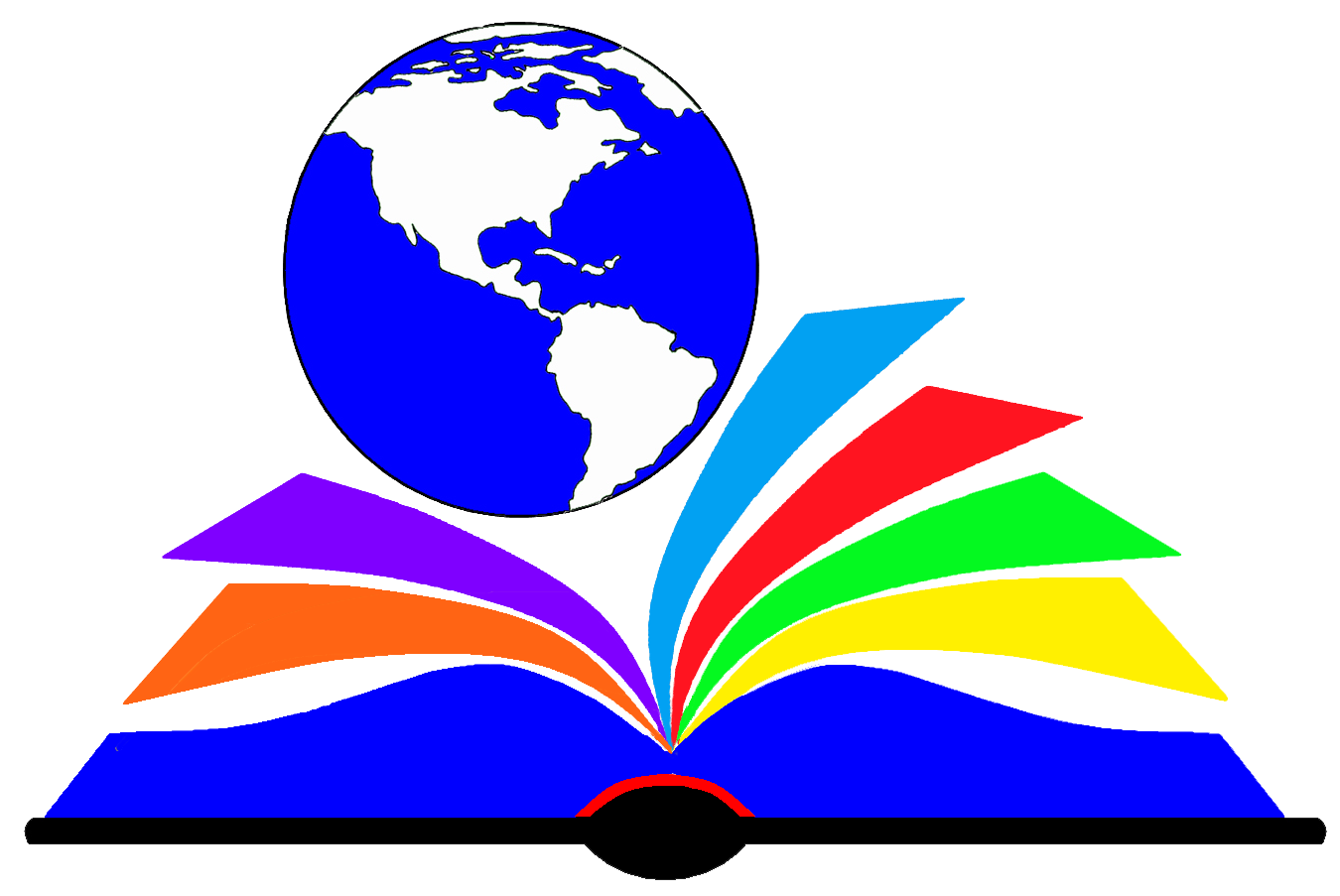Disaster profiteers : how natural disasters make the rich richer and the poor even poorer / John C. Mutter.
Publisher: New York, N.Y. : St. Martin's Press, 2015Edition: First editionDescription: 281 pages : illustrations, maps, photographs ; 24 cmISBN:- 9781137278982
- 9781137278982
| Item type | Current library | Call number | Status | Date due | Barcode | |
|---|---|---|---|---|---|---|
| 300 - 399 | Hanover Public Library Shelves | 363.344 MUTT (Browse shelf(Opens below)) | Available | 31906001005850 |
Includes bibliographical references and index.
Introduction: Crossing the Feynman line -- Natural disasters: Agents of social good and evil -- The geography of wealth and poverty: Knowledge and natural disasters -- Carnage in the Caribbean, chaos in concepcion -- Walls of water, oceans of death -- Malevolence by neglect in Myanmar -- Struck dumb in New Orleans -- Rebuilding as social engineering -- Disasters as Casus Belli -- Technical Appendix I: Simplified socioeconomics of natural disaster shocks and their consequences -- Technical Appendix II: Disasters in neoclassical growth theory.
"Natural disasters don't matter for the reasons we think they do. They generally don't kill a huge number of people. Most years more people kill themselves than are killed by Nature's tantrums. And using standard measures like Gross Domestic Product (GDP) it is difficult to show that disasters significantly interrupt the economy. It's what happens after the disasters that really matters-when the media has lost interest and the last volunteer has handed out a final blanket, and people are left to repair their lives. What happens is a stark expression of how unjustly unequal our world has become. The elite make out well-whether they belong to an open market capitalist democracy or a closed authoritarian socialist state. In Myanmar-a country ruled by a xenophobic military junta-the generals and their cronies declared areas where rice farms were destroyed by Cyclone Nargis as blighted and simply took the land. In New Orleans the city was re-shaped and gentrified post Katrina, making it almost impossible for many of its poorest, mostly black citizens to return. In The Disaster Profiteers, John Mutter argues that when no one is looking, disasters become a means by which the elite prosper at the expense of the poor. As the specter of increasingly frequent and destructive natural disasters looms in our future, this book will ignite an essential conversation about what we can do now to create a safer, more just world for us all."--Amazon.com.
There are no comments on this title.
 Hanover Library Catalogue
Hanover Library Catalogue